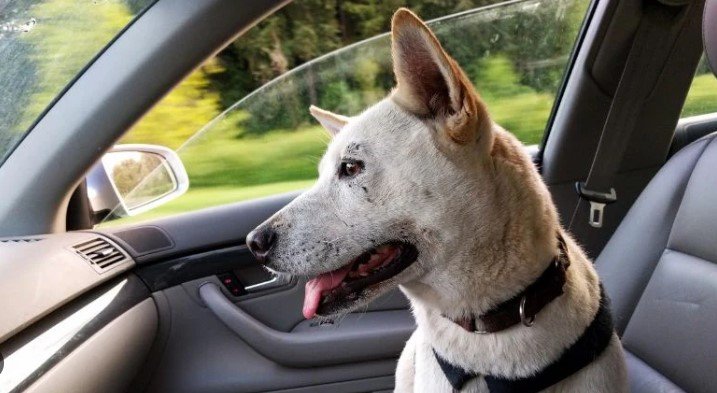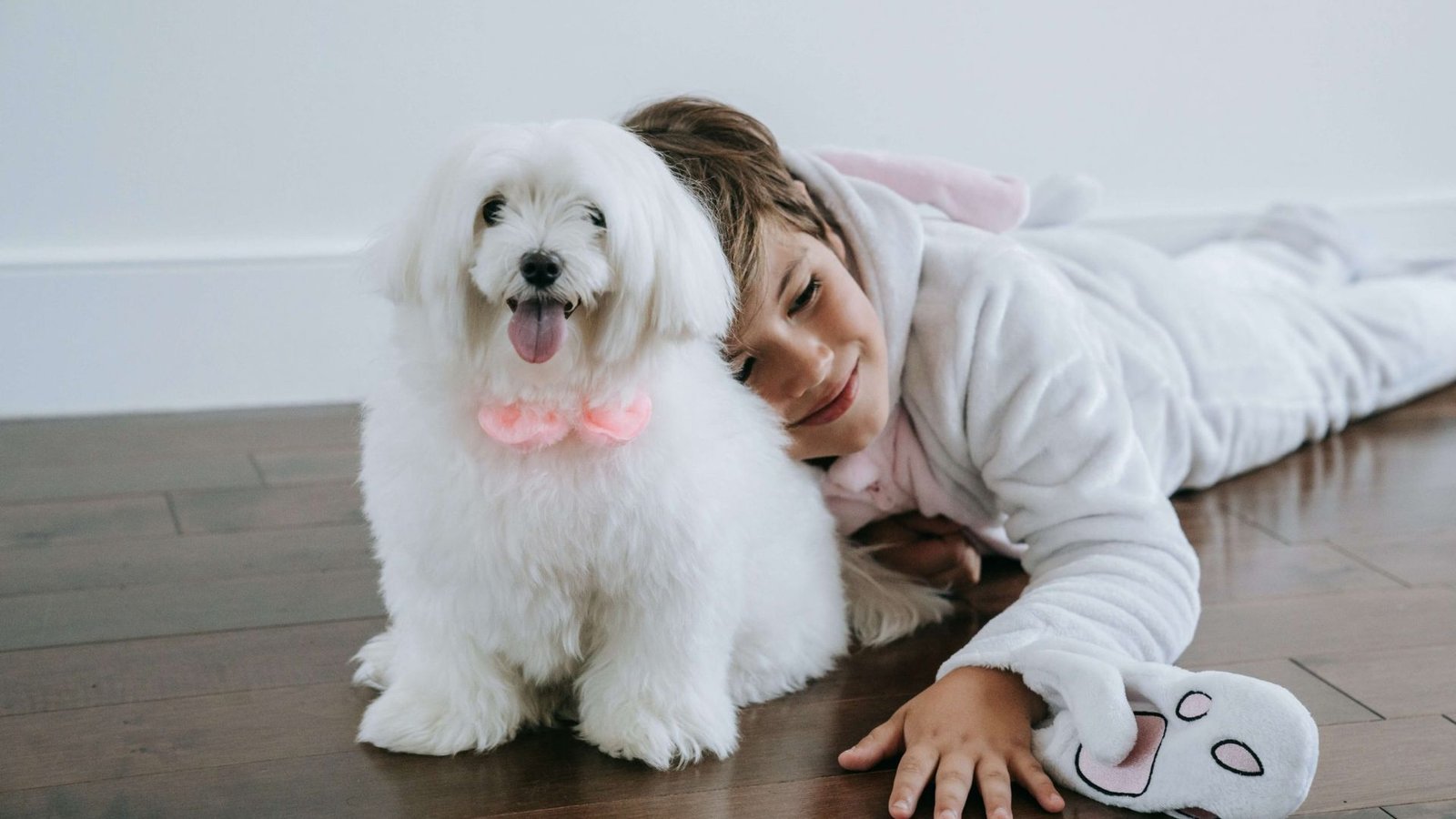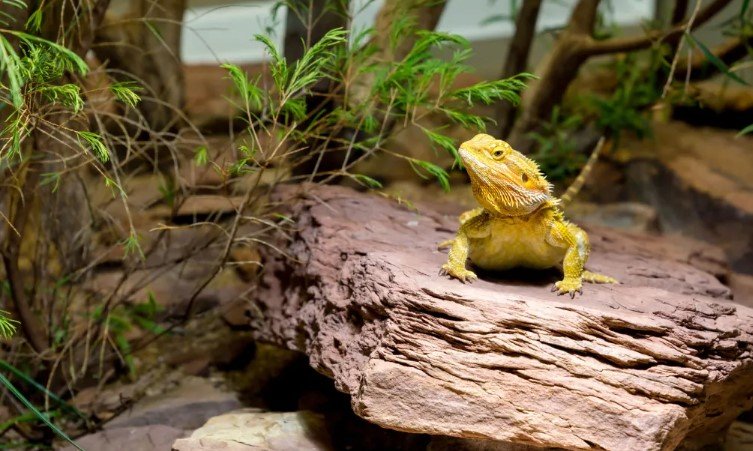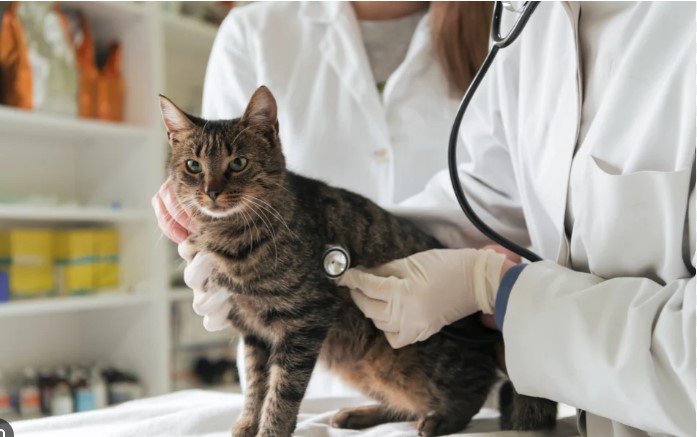Training a new puppy at home is an exciting, yet challenging, task. A well-trained puppy brings joy and harmony to your household. Proper training ensures good behavior, a stronger bond, and helps your puppy grow into a well-adjusted adult dog. In this guide, we’ll provide tips for training a new puppy at home, ensuring a smooth and enjoyable process for both you and your puppy.

Start with Basic Commands
The first step in training your new puppy is teaching basic commands. Commands like “sit,” “stay,” “come,” and “down” are essential for establishing good behavior and communication. Begin training your puppy as soon as you bring them home, but keep sessions short and fun to prevent frustration.
Puppies have short attention spans, so 5-10 minute sessions work best. Use positive reinforcement, like treats and praise, to reward your puppy when they follow the command. Be consistent with the commands and use the same words every time. For example, always say “sit” when you want them to sit. Repetition is key to success.
Potty Training Made Easy
Potty training is one of the most important aspects of raising a new puppy. To begin, establish a consistent routine. Take your puppy outside frequently, especially after eating, drinking, or waking up. Puppies usually need to go outside every two hours, so be prepared for regular trips to the yard.
Choose a designated potty spot outdoors and take your puppy there each time. Praise them immediately after they go potty in the right spot. Accidents will happen, and that’s okay. Never punish your puppy for accidents; instead, clean up quickly and reinforce the idea of where they should go.
Using a crate can be a helpful tool for potty training. Dogs naturally avoid soiling their sleeping area, so crate training encourages them to hold it until they are let outside. Ensure the crate is not too large, as a small space will motivate your puppy to hold their bladder.
Socialization is Key
Socialization is crucial for a puppy’s development. Expose your puppy to a variety of people, other dogs, and different environments. This helps them become well-adjusted and reduces fear and aggression later in life. Start socialization early, but ensure that experiences are positive.
Take your puppy on short outings to parks, pet stores, or even the vet. Allow them to interact with friendly, vaccinated dogs to build confidence. Reward calm and confident behavior, so your puppy learns to be at ease in different situations. Early socialization helps your puppy grow into a friendly, well-behaved adult dog.
Use Positive Reinforcement
Positive reinforcement is one of the most effective training techniques for puppies. Reward your puppy for good behavior rather than focusing on punishment for mistakes. Treats, toys, and verbal praise are great motivators.
For example, if your puppy is learning to walk on a leash, reward them when they walk beside you without pulling. If they stop pulling, praise them with a treat. This encourages them to repeat the desired behavior. Over time, your puppy will associate good behavior with positive rewards and will be eager to follow instructions.
Consistency is important. If you reward your puppy inconsistently, they may become confused and struggle to learn. Always reward the behavior you want to reinforce, and avoid rewarding undesirable behavior.
Be Patient and Consistent
Training a new puppy requires patience and consistency. Puppies do not learn overnight, so be prepared for setbacks and challenges. Keep your expectations realistic and celebrate small successes along the way. Consistency in commands, routines, and rewards will help your puppy understand what’s expected of them.
If your puppy struggles with certain behaviors, take a step back and re-evaluate the training approach. Sometimes a few adjustments can make all the difference. Always maintain a calm and positive attitude. Puppies can sense frustration, and a relaxed environment promotes better learning.
Conclusion: Training a Puppy Takes Time and Dedication
Training a new puppy at home is a rewarding experience, but it takes time and dedication. By focusing on basic commands, potty training, socialization, and positive reinforcement, you can lay the foundation for a well-behaved puppy. Remember to be patient, stay consistent, and enjoy the process. With the right approach, your new puppy will become a well-adjusted and loyal companion.





